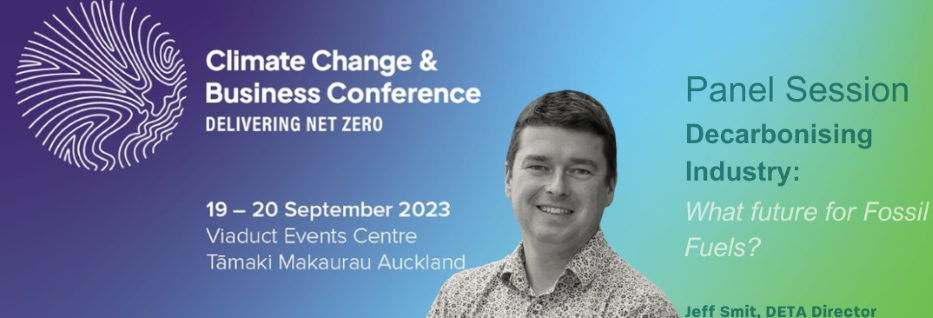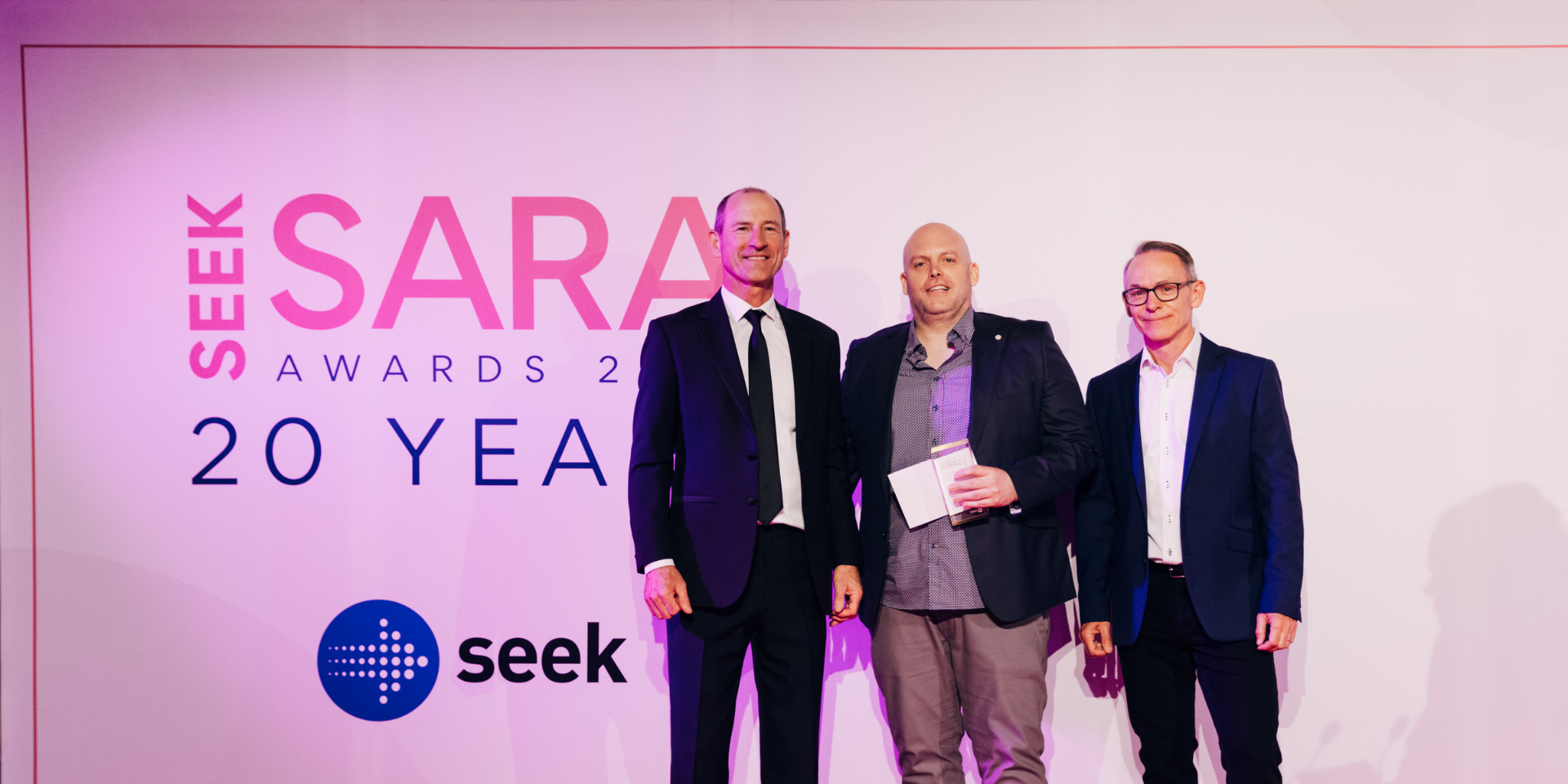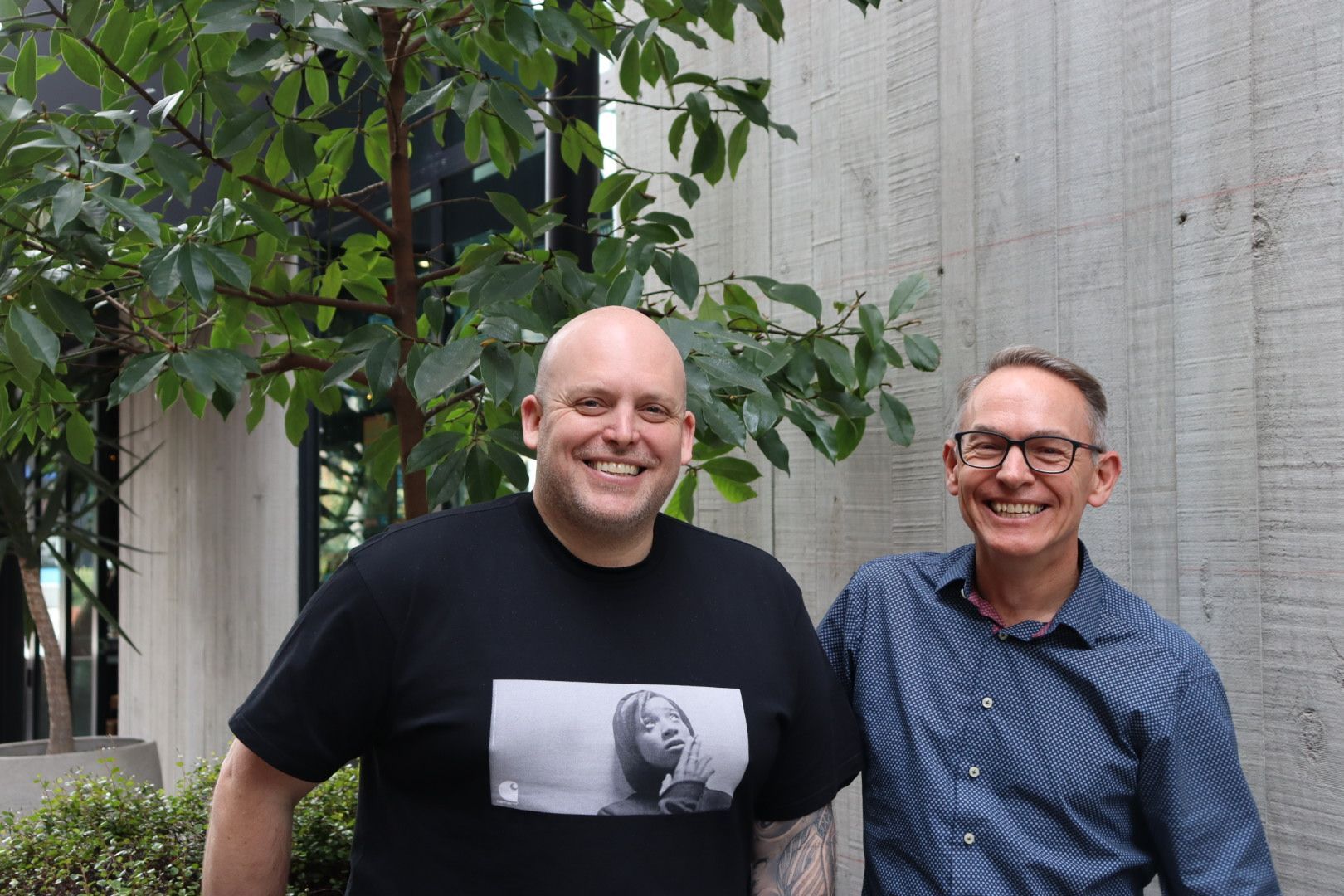What's new at DETA?
DETA's newsletter from August 2023

Rocking the Sustainability Path - Entertainment and Venues
The last two months have been a nail biter time for sports fans. International competitions in football, netball, aquatics, cycling and athletics have kept fans at the edge of their seats. In an era where environmental concerns are at the forefront of global consciousness, many people might not think about the sports field – but stadiums and event centres have a unique opportunity to prioritise sustainability.
These venues attract large crowds and host a multitude of events, resulting in significant resource consumption and waste generation. By adopting sustainable practices, such as efficient energy and water usage, waste reduction processes, and eco-friendly supplies, these facilities can significantly minimise their environmental footprint. And a focus on the supply chain can play a significant role in reducing overall carbon emissions and environmental impact.
"We are already seeing that the trend toward greater environmental awareness and sustainability in industries, such as entertainment venues, is driving a future where suppliers to these centres will be required or strongly encouraged to provide evidence of their carbon footprint and sustainability plans", says DETA Director, Jeff Smit.
But there is wider benefit here - embracing sustainability enhances the overall experience for visitors. The influence these high-profile venues have, can serve as a catalyst for broader societal change, inspiring individuals and other industries to adopt more sustainable practices.
DETA have been privileged to complete work with several entertainment organisations around NZ & Australia – from Theme Parks on the Gold Coast of Australia to stadiums in NZ, we know how to move entertainment in a sustainable direction.
Read more about our work at Venues Ōtautahi(Christchurch) below. Sustainable action can be taken everywhere, even watching football.
Sustainability Roadmaps and Carbon Footprints
Talking events, DETA have recently completed a Sustainability Strategy Roadmap and Carbon Footprint Assessment for Venues Ōtautahi Christchurch, to quantify their current efforts and integrate sustainability plans across venue operations.
Venues Ōtautahi are responsible for operating sports & hospitality venues; Wolfbrook Arena, Hagley Oval, Christchurch Town Hall, Air Force Museum of New Zealand and Apollo Project. DETA Project Engineer, Joshua Russ, worked with the Venues Ōtautahi team to investigate sustainability initiatives across all sites.
“Despite the relatively unchartered landscape of organisational sustainability, we were able to provide innovative solutions that addressed their challenges in the three key areas of water, waste and carbon,” he says.
Bringing an analytical approach to the sustainability strategy, DETA quantified potential savings and costs, baselined the current picture, and road mapped Venues Ōtautahi's Sustainability Journey to make operational improvements in waste, water and carbon. You can read more about this story here.

2023 Climate Change & Business Conference
DETA Director Jeff Smit is speaking on a session panel at the 15th Climate Change & Business Conference September 19-20th. Jeff will take part in the panel addressing Decarbonising Industry: What future for Fossil Fuels? There is still time to register for this conference – check out the program and line up here.

Industrial Net Zero Conference 2023
DETA are a proud sponsor of the Industrial Net Zero Conference in Sydney next month, which focuses on strategies for reducing emissions in hard to abate sectors. DETA representatives Glenn Schultz and Jon Bruce will be attending.
For more information or to register, click here





